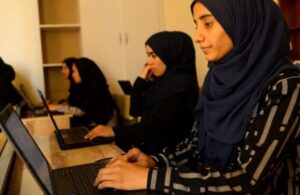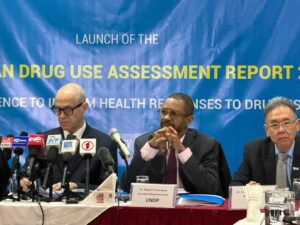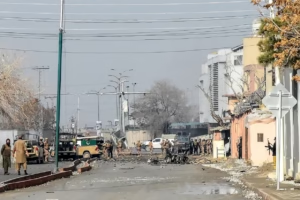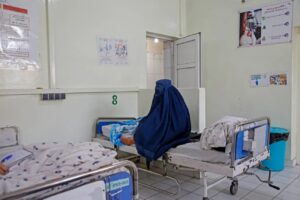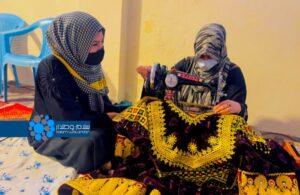KABUL (SW) – Officials at the Islamic Emirate’s Ministry of Public Health have emphasized the efforts in collecting and donating blood to patients, calling for public cooperation to strengthen the culture of blood donation in society and thus, receive global community support in this regard.
On June 14, on occasion of World Blood Donor Day, Abdul Wali Haqani, the Deputy Minister of Health Services, stated, “Fortunately, the ministry employees have been able to increase the number of blood donors from 20% to 50%. Despite challenges, our blood banks are active and have provided relatively good health services to recipients.”
Meanwhile, officials at the National Blood Bank stated that they have collected 677,000 blood units from donors in the past year.
According to statistics provided by officials, during the collection of this amount of blood, 2,600 people were diagnosed with black jaundice, 711 with human immunodeficiency virus (HIV), and six with Acquired immunodeficiency syndrome (AIDS).
Saif Al-Rahman, the head of the National Blood Bank, said, “Out of those who volunteered to donate blood, 2,600 people were diagnosed with black jaundice, and their blood was not used, of which 2,200 were men.”
Additionally, Hamdullah Ahmadi, the regional director of the National Blood Bank, stated, “In the framework of the general management of the National Blood Bank, 210 blood banks operate nationwide, through which 211,373 units of blood have been distributed.”
This comes as there have always been complaints about blood shortages and the lack of easy access for patients to blood in the country’s public hospitals.

